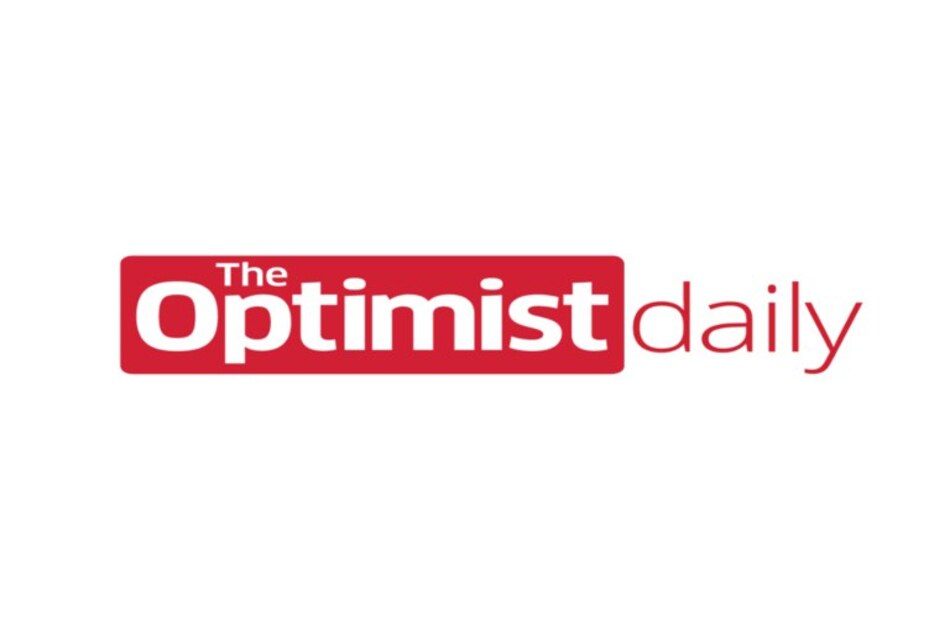As issues like climate change and social injustice become ever more prominent, corporates are facing increasing pressure from multiple stakeholders to transparently report their positive and negative impacts on society and the environment. The idea is that such transparency allows corporate investors and other backers to make informed decisions about the companies they finance and support. This, in turn, incentivizes more socially and environmentally responsible business practices.
With that in mind, the World Economic Forum last year drew up a curated list of environmental, social, and governance (ESG) goals to encourage businesses to inform stakeholders of non-financial contributions in such areas as employee wellbeing, human rights, and environmental impact.
Now, at the annual Davos gathering — taking place virtually this year — more than 60 global companies have pledged to follow this common set of ESG goals. In total, 61 corporates across industries and geographies have signed onto the pledge, including Salesforce, Dell, Bank of America, Mastercard, and Unilever.
Maha Eltobgy, senior director with the WEF, said the purpose of the coalition is to demonstrate that CEOs and board members are taking environmental and social factors seriously, and the agreement to report numbers shows it’s not just a symbolic gesture, but an important stepping stone towards greater transparency. “[It’s] a demonstration that these CEOs are supportive of making non-financial reporting as rigorous as financial reporting,” she said.
As part of the pledge, the companies are committing to be public advocates for social and environmental accountability, encouraging other businesses to do the same, and advocating for an ever-evolving, more consistent standard so that “there’s convergence in this very complicated ecosystem of metrics and disclosures around sustainability,” Eltobgy added.











